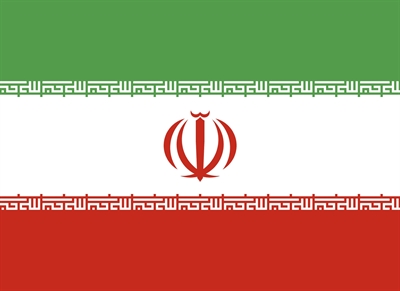Iran - Human Rights Council - Death Penalty - March 2019
Country: Iran, Islamic Republic of
Issues: Death Penalty, Due Process and Fair Trial, International Advocacy, Torture
Mechanism: UN Universal Periodic Review
Report Type: Stakeholder Report
The Advocates for Human Rights, the World Coalition Against the Death Penalty, and Iran Human Rights submitted a stakeholder report addressing the death penalty in Iran for the Working Group on the Universal Periodic Review (UPR) held in November 2019.
The death penalty is legal in Iran for various crimes that can be categorized into hudud, crimes specifically mentioned in the Quran, and qisas, which refers to retributive crimes. Murder, drug-related offenses, rape, Moharebeh (waging war against God), and corruption on earth are the most common crimes that lead to death penalty. The latter two crimes are especially vaguely defined, allowing for the use of death penalty beyond the “most serious crimes,” in violation of the international human rights law. The encouragement of honor killings exacerbates capital punishment by allowing extrajudicial killings.
The death penalty sheds light on other issues in Iran related to administration of justice and fair trial. Access to counsel is restricted. The court does not allow defendants to present their defense in some cases. Confessions alone can be used for the court’s verdict, and the use of torture to extract confessions is widespread. Courts can also rely on qassameh (sworn oath) to establish guilt and issue a death sentence. In some cases, the individuals are executed before their appeal period expires, and their attorneys are not notified before the execution takes place. The highest authority within the judicial system, the Head of the Judiciary, works under the Supreme Leader of Iran, indicating lack of judiciary independence. Human rights defenders and lawyers who choose to defend prisoners face significant risks and challenges.
The authors of this report propose several recommendations to the government of Iran, including:
- Ratify the Convention Against Torture
- Impose a moratorium on the death penalty with a view to its eventual abolition.
- Ensure that all defendants in capital cases, including defendants accused of crimes against national security, are assured access to counsel of their choosing in all subsequent stages of the investigation and judicial process.
- Amend the Islamic Penal Code and the Criminal Procedure Code to ensure that confessions alone are not sufficient evidence for a finding of guilt.




